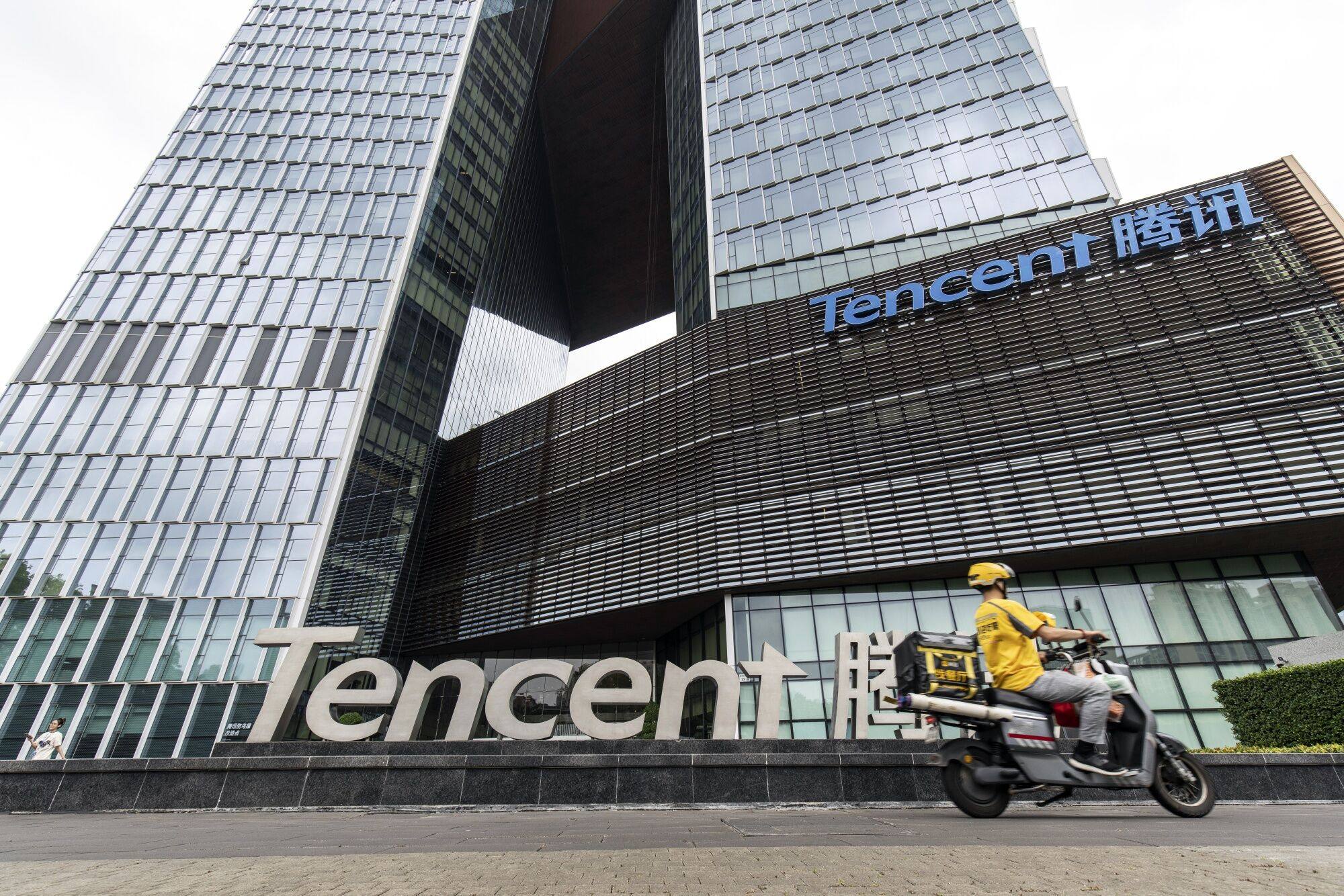
Tencent is latest Chinese tech giant to enter LLM price war, adding pressure on AI start-ups
- The lite version of Tencent’s Hunyuan LLM will now be free of charge, while prices of the standard versions will be slashed by 50 to 87.5 per cent, effective immediately
- Tencent’s announcement came just hours after iFlyTek significantly reduced the price of some versions of its Spark LLM, while making its lite version free
Chinese artificial intelligence (AI) companies are waging a full-fledged price war in hopes of finding ways to commercialise their large language models (LLMs), analysts say, with Tencent Holdings the latest tech giant to slash prices for its products.
The lite version of Tencent’s Hunyuan LLM – the technology behind ChatGPT and other generative AI services – will now be free of charge, while prices of the standard versions will be slashed by 50 to 87.5 per cent, effective immediately, according to an announcement from the firm’s cloud unit on Wednesday.
The pro version of Hunyuan will have a 70 per cent price cut for input while keeping the same charge for output.
“The LLM industry is still in the process of ramping up its capabilities. Tencent Cloud … will continue to provide competitive products and services to the customers,” the company statement said.
Tencent’s announcement came just hours after iFlyTek significantly reduced the price of some versions of its Spark LLM, while making its lite version free.
Alibaba Group Holding, owner of the South China Morning Post, and Baidu quickly followed this week. Alibaba Cloud Intelligence cut the price for its Qwen LLM by up to 97 per cent on Tuesday. On the same day, Chinese search giant Baidu said its Ernie Speed and Ernie Lite LLMs, both launched earlier this year, were available free of charge with immediate effect.
The cloud services units of these Big Tech firms are cutting prices in the hope of exploring more effective ways to commercialise their LLMs, said Zhang Yi, analyst at tech research firm Canalys.
“Commercialising AI models has always been a pain point for the industry, as it is still an unsolved issue to implement and utilise the technology effectively in real-world business scenarios,” Zhang said.
Major AI players are reducing their prices to attract more customers and increase LLM usage, which will contribute to higher training data volume and enable the companies to improve the precision and accuracy of the models, Zhang noted.

“They are also using AI as a means to attract more customers to their cloud platforms, thereby driving their cloud business growth.”
The aggressive discounts by deep-pocketed tech giants are adding further pressure on Chinese AI start-ups trying to profit from their self-developed models.
“Low price is not enough to be considered a competitive edge in the market”, Wang said on Wednesday, when launching the fourth iteration of the Baichuan 4 model and debuting an AI assistant service.
However, analysts noted that it would be a challenge to the survival of start-ups if they still charged fees when big tech firms are offering free alternatives.
“Naturally, the company with a larger user base will emerge as the market leader,” said Zhang Yi, founder and chief analyst at market consultancy iiMedia. “If a company fails to keep up with the pace of the market, it may face a major barrier halfway.”

